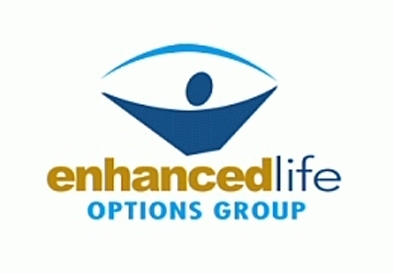STABLE ACCOUNTS
/What is a STABLE Account?
A STABLE Account is an investment account available to eligible individuals with disabilities. STABLE Accounts are made possible by the federal Achieving a Better Life Experience (“ABLE”) Act. STABLE Accounts allow individuals with disabilities to save and invest money without losing eligibility for certain public benefits programs, like Medicaid or SSI. Earnings in your STABLE Account are not subject to federal income tax, so long as you spend them on “Qualified Disability Expenses.”
STABLE Accounts have some similar features to normal bank accounts, but they are not checking or savings accounts. STABLE Accounts are investment accounts, similar to 529 college savings accounts or 401(k) retirement accounts. When you deposit money into your STABLE Account, your money will be invested in different options that you choose. While you can still withdraw and spend your money whenever you need it, a STABLE Account also allows you to grow your money and to save long-term for disability expenses.
STABLE NH is New Hampshire's ABLE plan. The New Hampshire Governor’s Commission on Disability and the Treasurer’s Office have partnered with STABLE Accounts and the Ohio Treasurer’s Office to offer this program to Granite Staters with disabilities. Although STABLE Accounts are available nationwide, STABLE NH is only available to New Hampshire residents. Through STABLE NH, Granite State residents are able to open STABLE Accounts at discounted rates.
Federal ABLE Legislation
The Achieving a Better Life Experience ("ABLE") Act was passed in December of 2014. It is the federal legislation that allows families and individuals with disabilities the opportunity to create tax-advantaged accounts that can be used to help maintain health, independence, and quality of life. To read the legislation, visit this link.
How To Open a STABLE Account
Account set up and enrollment is all online. No bank trips necessary.
When you open your account, you will be asked to create your own username and password for our online account portal. You will put in your basic information, such as your name, address, birth date, etc. (If you are a parent or other representative opening an account for someone else, you will need to put in your information and the account holder's information.) You will also be asked a few questions regarding your disability, in order to confirm your eligibility to open an account.
Once you have input your information, you will make your initial contribution and choose your Investment Options.
Account Cost
Setting up your account online is free (and easy!). You will need to make an initial contribution of at least $50 in order to set up your account.
Currently, Granite Staters pay $3.50 per month ($42 annually) to maintain their accounts. There is also a small asset-based fee of between 0.19% and 0.33%, depending on the investment options chosen.
There could also be other costs (e.g., a return check fee) depending upon your particular account activity.
IRS Regulations
The Internal Revenue Service (IRS) has provided proposed regulations for STABLE Accounts. These proposed regulations offer guidance to states, beneficiaries, and other interested parties. To read the proposed regulations, visit this link.
Click here to learn more about ABLE Act Accounts in New Hampshire


